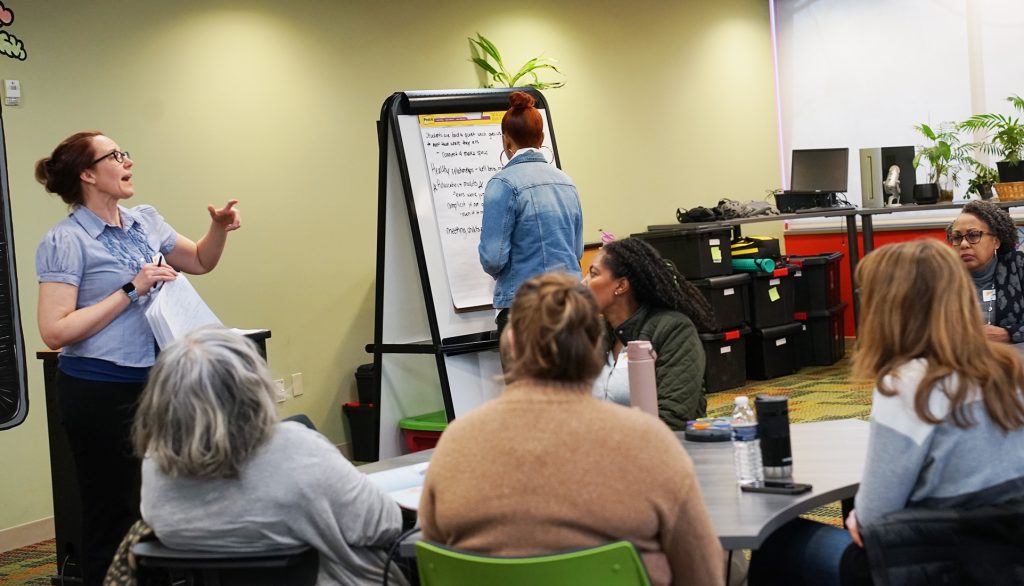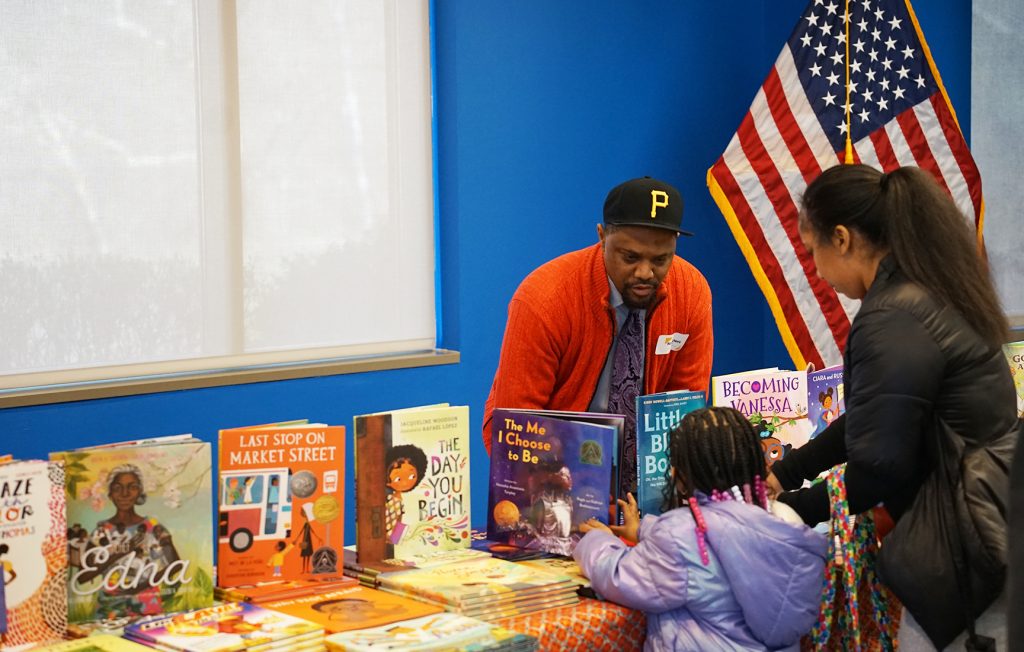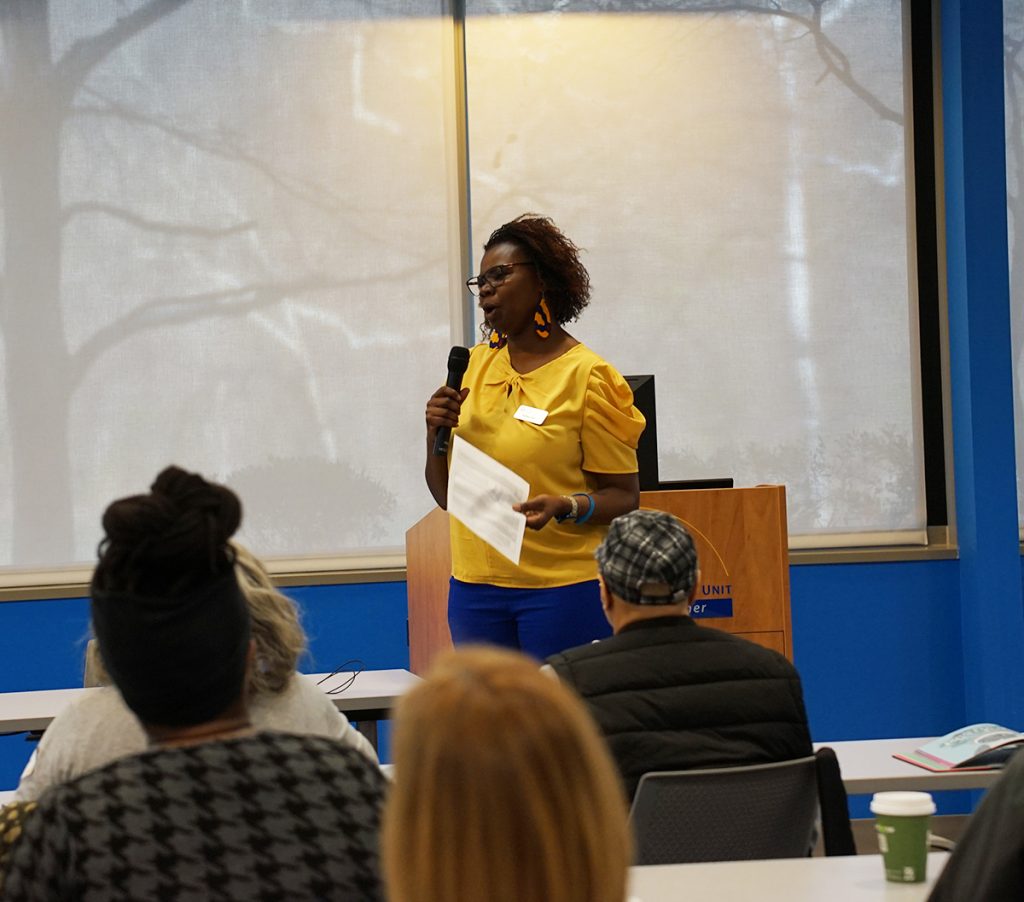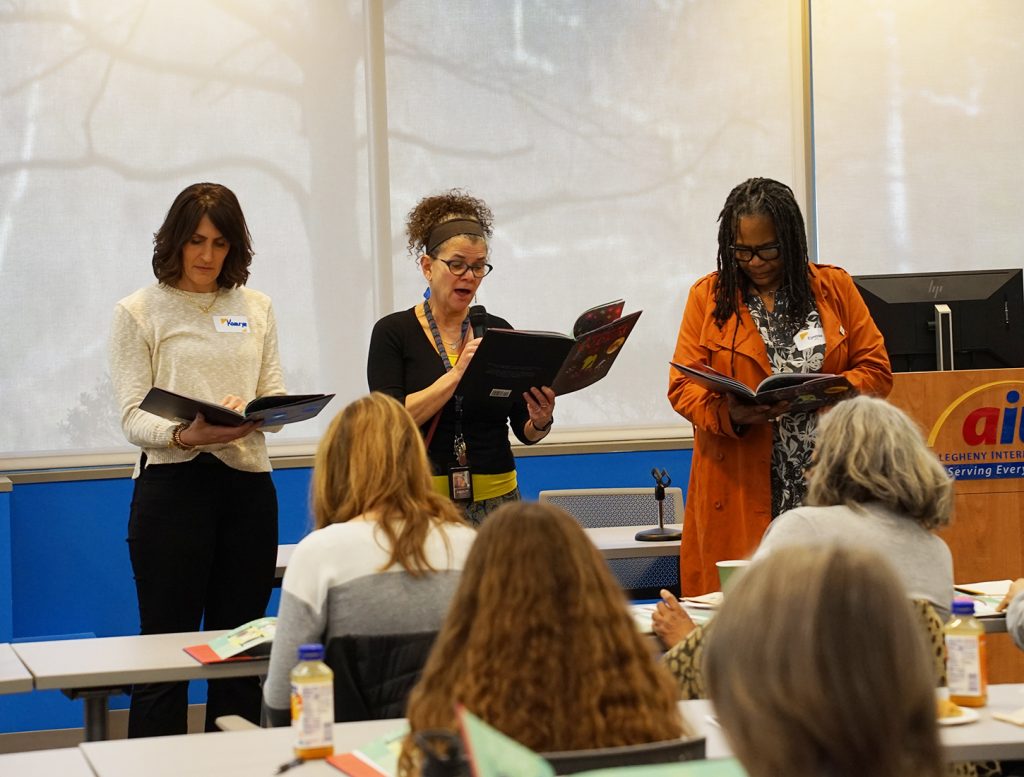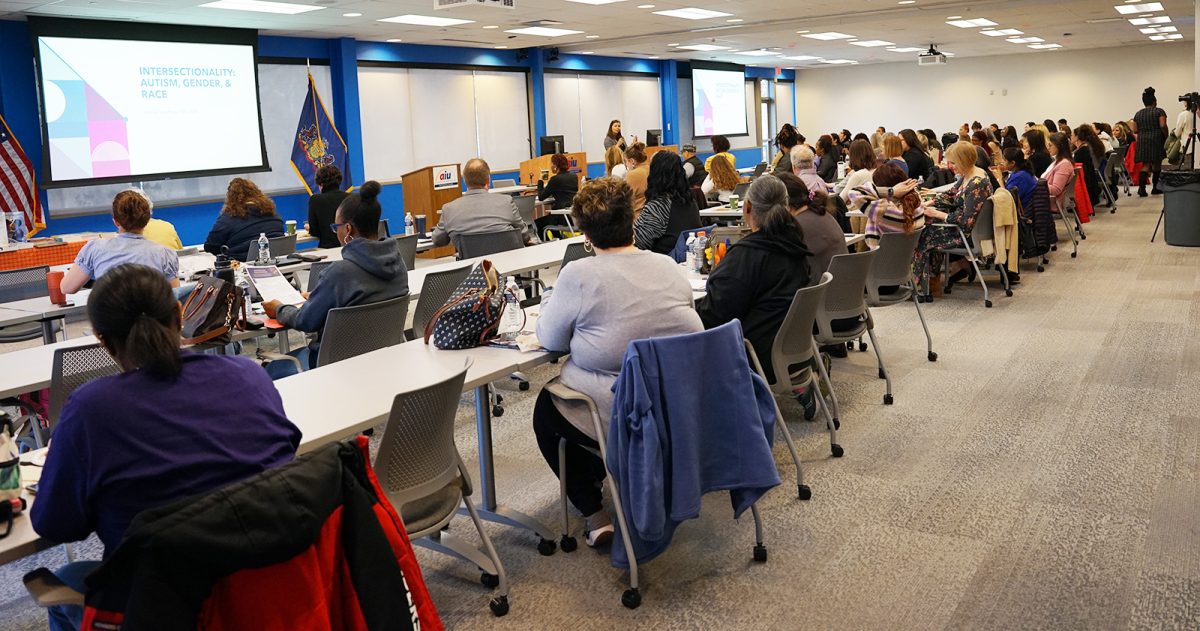
When Shannon Wanless talks about social-emotional learning (SEL), her eyes light up. Wanless, the director of the Office of Child Development at the University of Pittsburgh, has long been a proponent of SEL, and the value of teaching it to children as soon as possible. But until this point, she has never been more optimistic about the spread of SEL in the greater Pittsburgh area.
“I feel more hopeful about SEL than ever, because I think we’re starting to take ownership that it’s just not the school’s responsibility. Social-emotional learning is about building relationships and how to be together with each other in our community. And that’s everyone. That’s families, that’s libraries, that’s out of school time, that’s universities,” said Wanless. “The opportunity to get everyone in the room together and start to imagine how we all take ownership over this and really build the community we want to live in feels like the first time of many, many more.”
With support from Project SEEKS SES, a grant partnership between the Allegheny Intermediate Unit (AIU) and the Allegheny County Health Department (ACHD), ten school districts and three universities that explores a variety of resources to address trauma, behavior and mental health supports for students and staff, Wanless and the Office of Child Development have been able to spearhead a wide-ranging community of practice centered around SEL.
Since October, Wanless and the Office of Child Development have led meetings that bring together faculty and staff from six higher education institutions in the county. During each meeting, a carefully chosen picture book centered around a SEL topic is read and discussed. Simultaneously, family centers and families, elementary schools, school leaders and early childhood providers around Allegheny County have also been having meetings focused around the same SEL topic and book each month.
During a meeting at the AIU on March 28, all of these groups came together to discuss what they’ve learned thus far, while also reading and discussing ‘A Day With No Words’, a book by Tiffany Hammond centered around a non-verbal, autistic child. The opportunity to bring such a diverse group of people around a primary goal – spreading SEL — was rare.
“I’m just overjoyed. It was a culminating moment of bringing all of the different groups together for the very first time, and feeling that level of energy, excitement and hope in the room makes me see we’ve got a strong path forward,” said Wanless.
“The reason that we do this in a community of practice is because we want to build relationships among the people that are there because we know that change doesn’t happen with one person alone. Big changes happen when we all come together and support each other.”
During the meeting, Jamie Upshaw, the founder & Executive Director of Autism Urban Connections, Inc, led a presentation called ‘Intersectionality: Autism, Gender & Race’. Upshaw shared her experience as a mother with a child on the autism spectrum.
Books like ‘A Day With No Words’ — centered around representation — are common within the community of practice. Marla Woody, a reading specialist at Urban Academy of Greater Pittsburgh, said sharing books with diverse representation has been helpful in her practice.
“I think it’s important for students to have a sense of belonging, to feel safe, to feel accepted. To feel safe in their environment and feel that people accept them and see them regardless of what issues or circumstances they’re dealing with or have,” said Woody.
Participants across the community of practice have lauded its effectiveness. Christal Edmunds, a professor at Point Park University, said the meetings have helped strengthen what she’s already been doing in her classes. Effectively, she’s been able to better teach her classes of future educators about ways to implement SEL in the classroom.
Vincenne Revilla, also a professor at Point Park University, echoed those thoughts, noting how the meetings have helped inspire her and her colleagues to develop a special endorsement for social-emotional learning that will soon be offered to students. Revilla also noted how her and her colleagues will soon be going to England to meet with schools and universities in the area, partially around SEL. She plans to share details about the community of practice.
“When we’ve left each meeting, we’ve been able to reflect on the content, and it’s strengthened our passion and also focused our work more intentionally,” said Revilla “This program that started out of the University of Pittsburgh’s efforts, there’s a ripple effect now, and we’re going to tell the story about what we’ve done here and how it’s benefited us as professionals.”
The social-emotional learning community of practice will continue through May, culminating with another meeting at the AIU.
